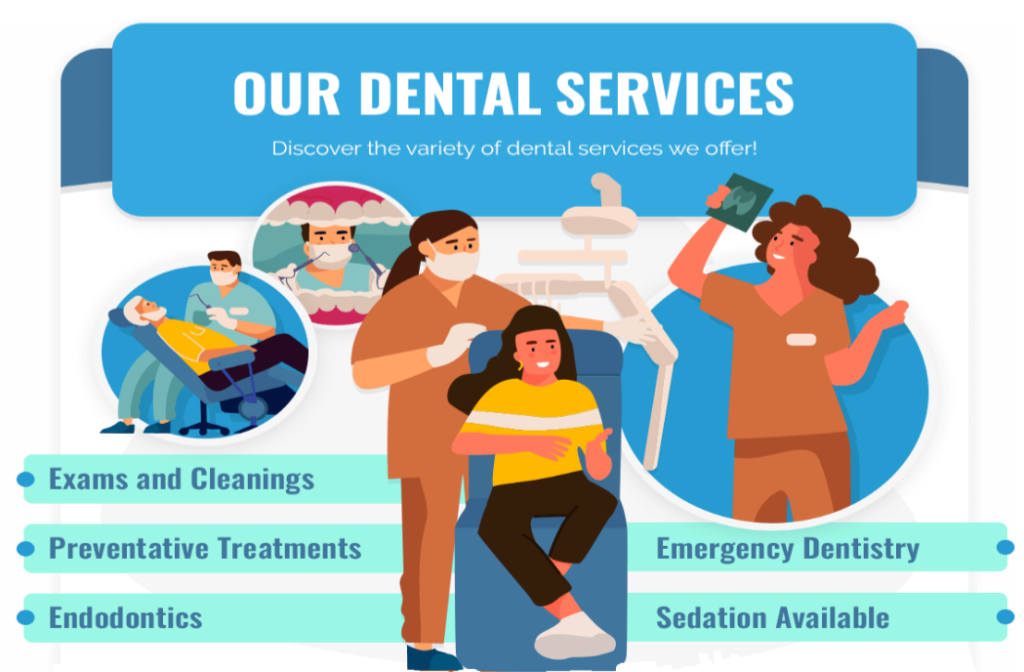foods that strengthen your teeth
Keeping your teeth healthy requires more than just routine brushing and flossing. It additionally entails selecting a healthy diet. The meals you consume have a big influence on improving your teeth’s strength, decreasing plaque, and encouraging healthful gingiva. These are some superfoods you should include in your diet for a brilliant grin.
-
Cheesy and Dairy products
Cheese, milk, and other dairy products are rich in calcium and phosphates. The essential minerals, which are present in dairy products, can help strengthen your tooth enamel and bones. Cheese also stimulates saliva production, which helps wash away food particles and bacteria. Next time, if you crave a snack, consider reaching for a piece of cheese.
-
Crispy produce and fruits
Crunchy foods like apples and veggies like celery and carrots work as natural toothbrushes, removing food particles and plaque. Additionally, they are elevated. water content, which causes their sugar content to be diluted and salivation to be stimulated. creation. You can really avoid the dentist with just one crisp apple a day.
- Green Leafy Vegetables
Minerals and vitamins abound in leafy greens like kale and spinach. Rich in vital vitamins and minerals, folic acid, and calcium, they support the health of your gums and teeth. A small amount of greens added to your meals can have a significant impact.
- Yogurt
Probiotics are good bacteria that can help balance the germs in your mouth, and yogurt is a great source of these bacteria. In order to lower the risk of cavities and gum disease, this balance is essential. To stay away from additional sugars, choose plain, unsweetened yogurt.
- Nuts and Seeds
Nuts like almonds and seeds such as sunflower seeds are packed with calcium and phosphorus. These minerals play a vital role in tooth remineralization, helping to repair tooth enamel and prevent decay. A small handful of nuts can be a great, tooth-friendly snack.
- Oily fish
Omega-3 fatty acids, found in large quantities in fatty fish like salmon, have anti-inflammatory qualities. These good fats can lower your risk of gum disease and improve the health of your gums. Eating fish can improve your oral health in general
- Drinking Water
Drinking water is crucial for good health in general and for oral health in particular. It guarantees enough saliva production, your mouth’s natural defense against cavities, and helps wash away food particles and bacteria. Water is important to consume in large quantities throughout the day, particularly after meals.
- Oranges and other citrus fruits
Citrus fruits are high in vitamin c, which plays a vital role in maintaining healthy gums. While they are acidic, which can erode enamel, consuming them in moderation and rinsing your mouth with water afterward can help mitigate the risks. Enjoying an orange can support gum health while providing a refreshing treat.
- Sugar-free gum
Chewing sugar-free gum after meals can be an excellent way to stimulate saliva production, which helps cleanse the mouth and neutralize acids produced by bacteria. Look for chewing gum containing xylitol, a natural sweetener that can also help prevent tooth decay. A balanced diet rich in these tooth-friendly foods can significantly enhance your dental health, keeping your smile bright and your mouth healthy. Combine these dietary choices with good oral hygiene practices, such as regular brushing, flossing, and dental check-ups, to ensure your teeth and gums stay in top condition. Remember, what you eat plays a crucial role in maintaining a beautiful smile. Winter dental care tips to keep your smile bright As the winter season approaches, it’s essential to pay extra attention to your dental health. The cold weather, holiday treats, and changes in routine can all impact your oral hygiene. Here are some practical tips to keep your smile bright and healthy throughout the winter months.
- Stay hydrated
Dry mouth can result from the intensely dry winter air, both inside and outside. Because saliva helps neutralize acids and wash away food particles, it raises the risk of cavities and gum disease when people have dry mouth. To remain hydrated and sustain saliva production, make sure you consume lots of water throughout the day.
- Maintain oral hygiene
Maintaining your dental hygiene routine is vital, even though the Christmas season’s bustle may throw you off. For plaque removal and caries prevention, floss everyday and brush your teeth at least twice a day with fluoride toothpaste. For additional security, think about using an antibacterial mouthwash..
- Protect your lips
Cold, dry air can cause your lips to become chapped and cracked. Keep your lips moisturized by using a lip balm with spf. This not only prevents discomfort but also protects your lips from the sun’s harmful rays, which can still cause damage even in winter.
- Avoid sugary foods and drinks
Tooth decay can be exacerbated by sugar-filled holiday sweets. When you do indulge in sugary meals and beverages, remember to clean your teeth right away. Try to restrict your intake of these items. Snacking on fruits, nuts, and cheese are examples of healthier options.
- Warm beverages
Sipping on warm beverages like tea can be soothing in cold weather. Green and black teas are especially good choices, as they contain polyphenols that help reduce the bacteria in the mouth. Avoid adding sugar to your drinks to protect your teeth from tooth decay.
- Regular dental check-ups
Routine dental checkups are essential for catching potential issues early and getting professional cleanings. Schedule a visit to your dentist.
- Wear a mouth guard
If you participate in winter sports like skiing, snowboarding, or ice skating, protect your teeth from injury by wearing a mouth guard. Mouth guards can prevent broken teeth and other oral injuries, ensuring your smile stays intact.
- Watch for sensitivity
Cold weather can increase tooth sensitivity, making it uncomfortable to consume hot or cold foods and drinks. If you notice increased sensitivity, use toothpaste specifically designed for sensitive teeth and avoids foods with extreme temperature foods.
- Eat a balanced diet
Your oral health is supported by a well-balanced diet high in vitamins and minerals, as is your general health. Strong teeth and bones are maintained by eating foods high in calcium and vitamin D, such as dairy products and leafy greens. Eat a range of foods high in nutrients to keep your smile radiant.
Conclusion
Maintaining dental health can be particularly difficult during the winter, but with these suggestions, you can make sure your smile remains radiant and healthy. Keep your mouth and lips warm, drink plenty of water, and practice good dental hygiene. You can take comfort in your dental health this winter by being cautious and making wise decisions. Recall that year-round brightness in your smile can be achieved with a little extra attention.


